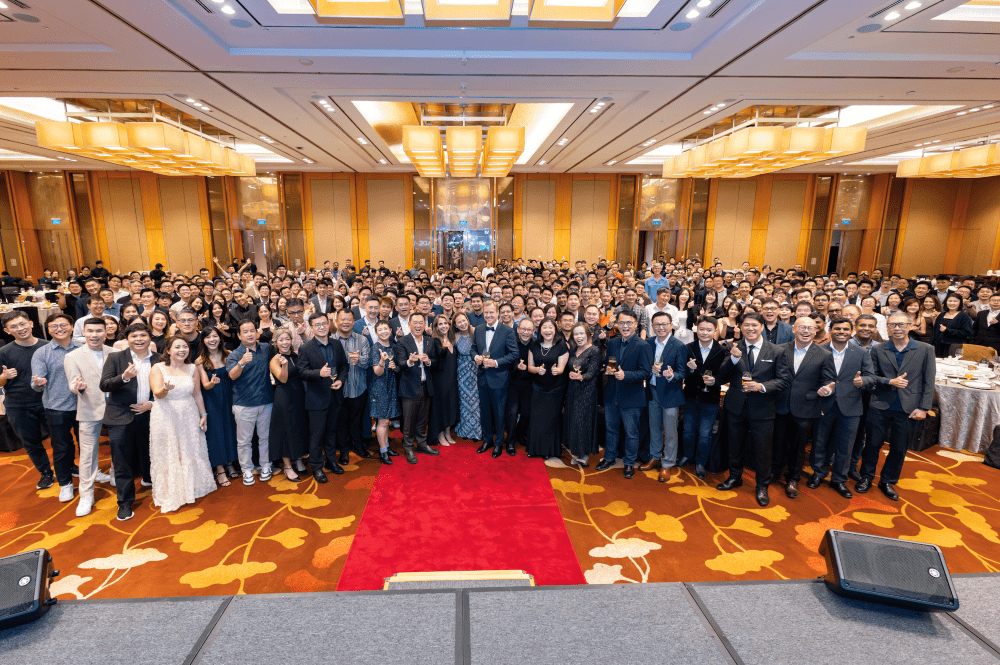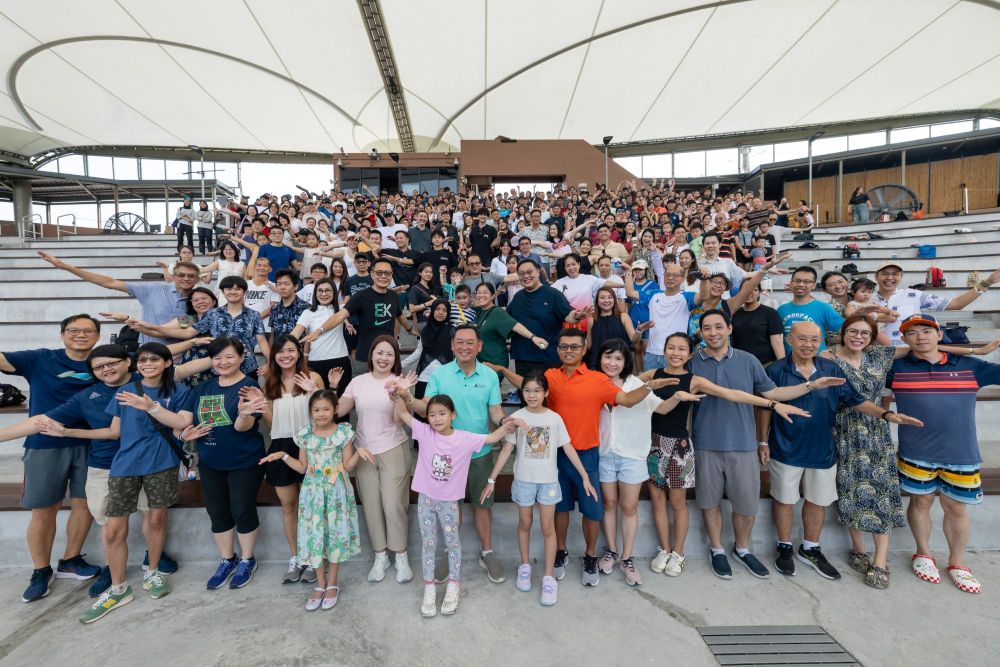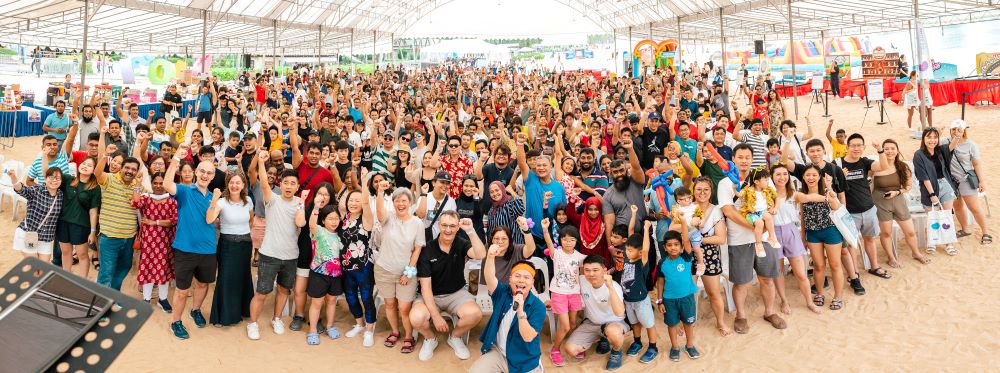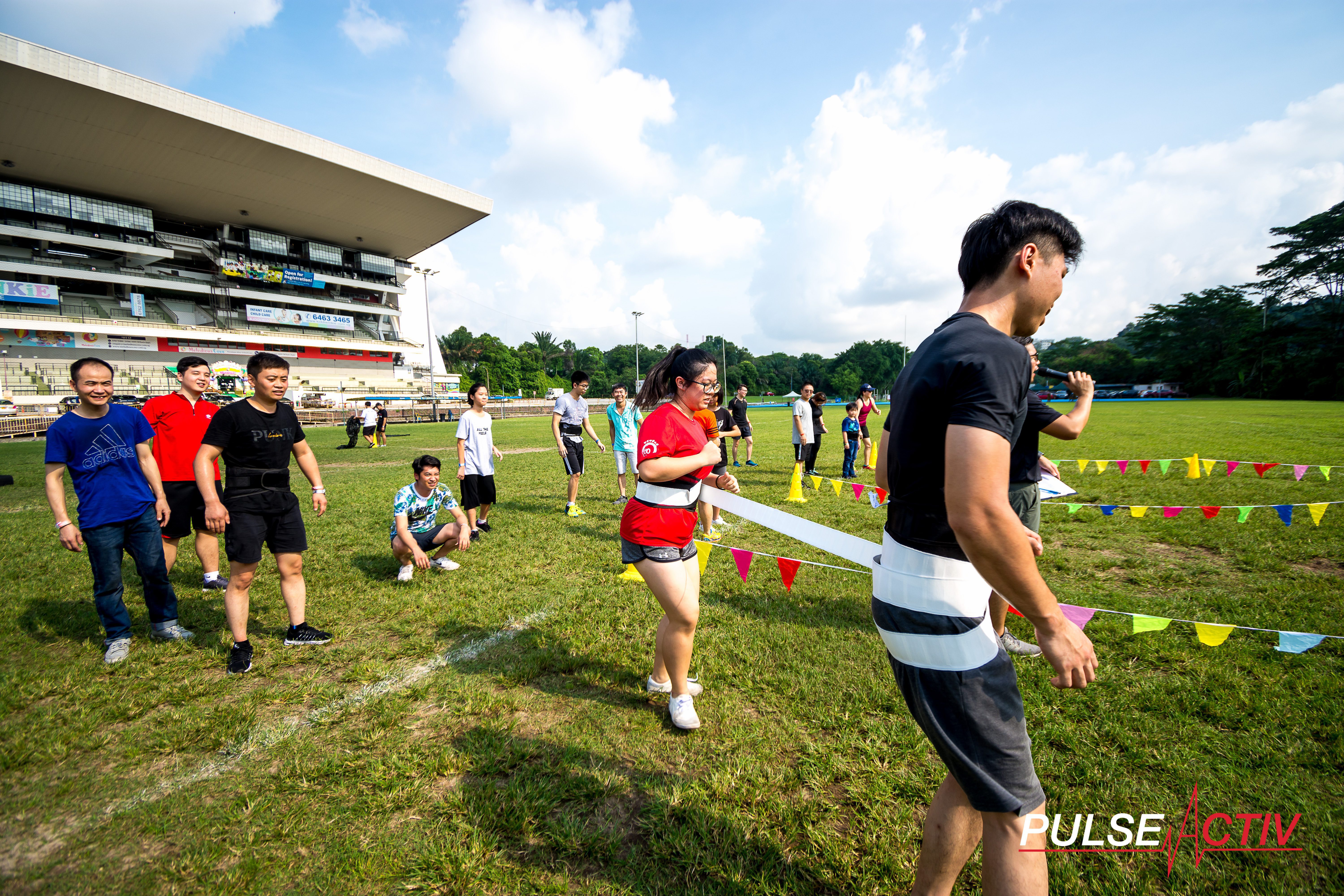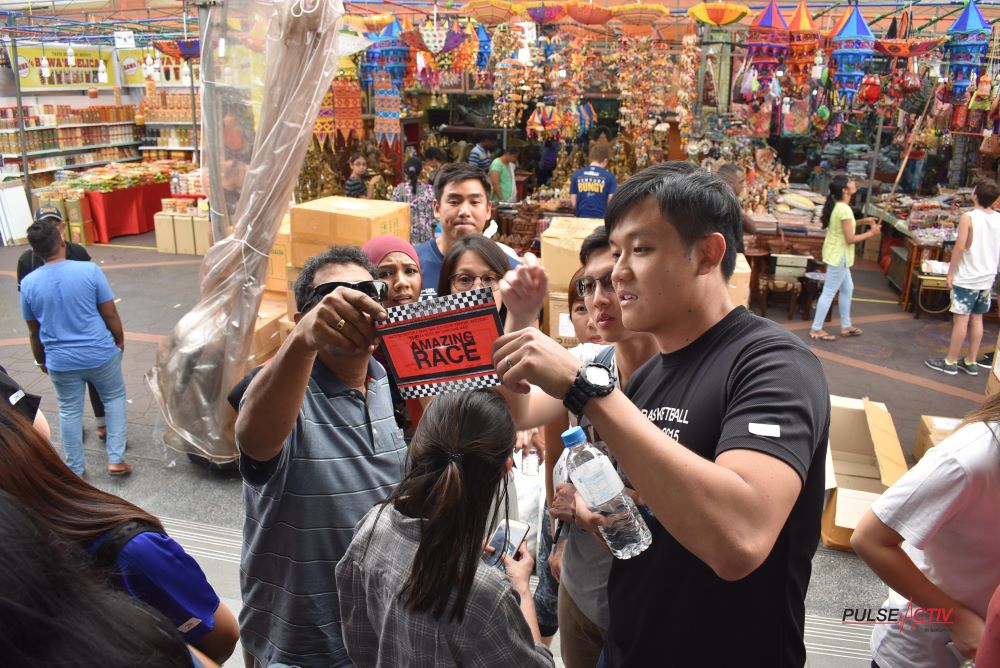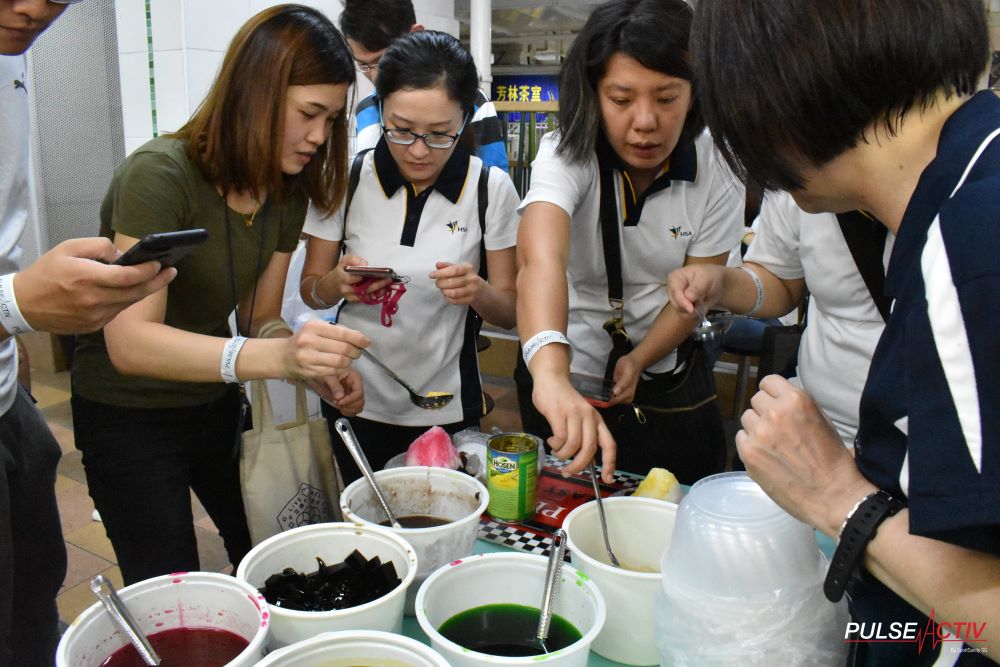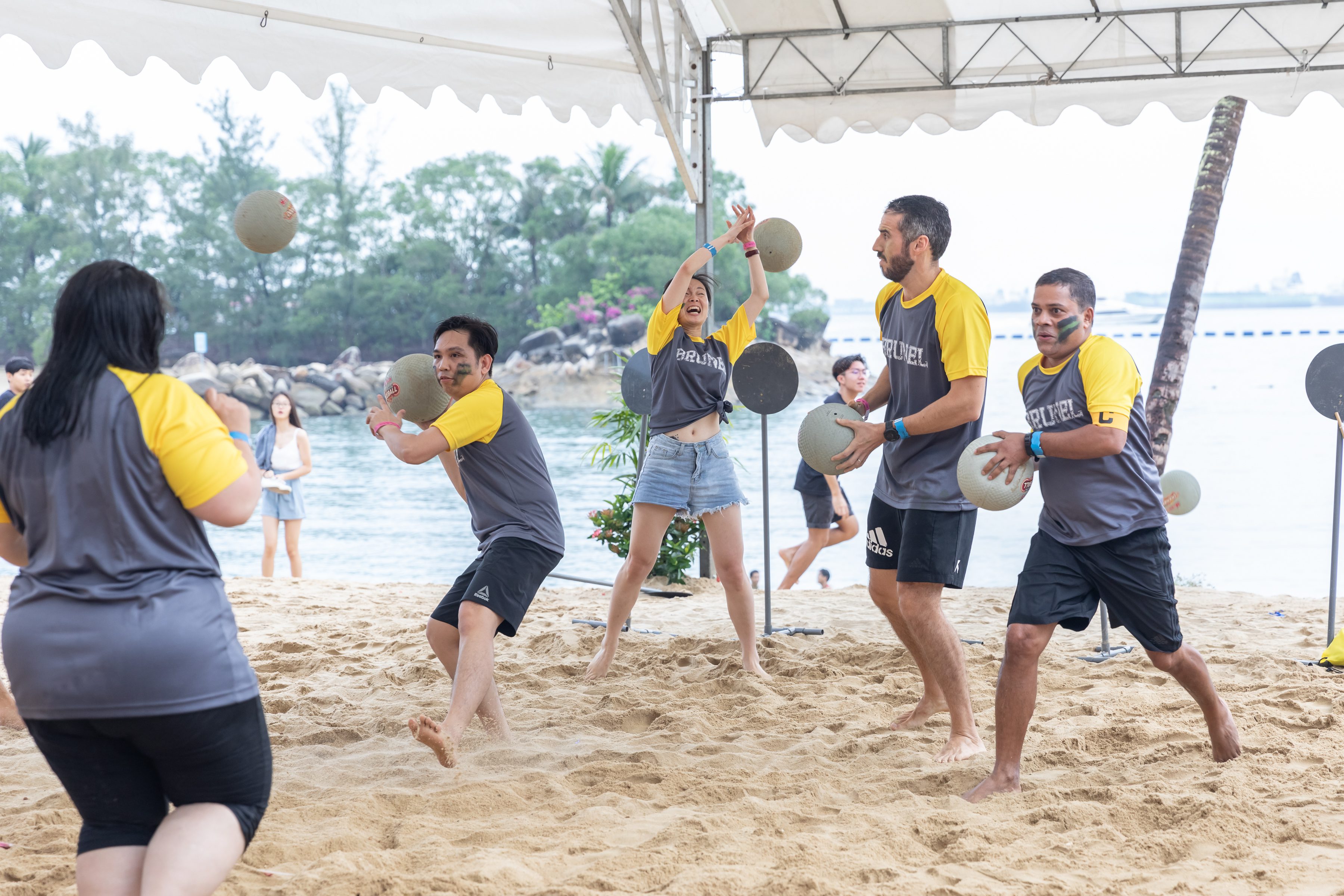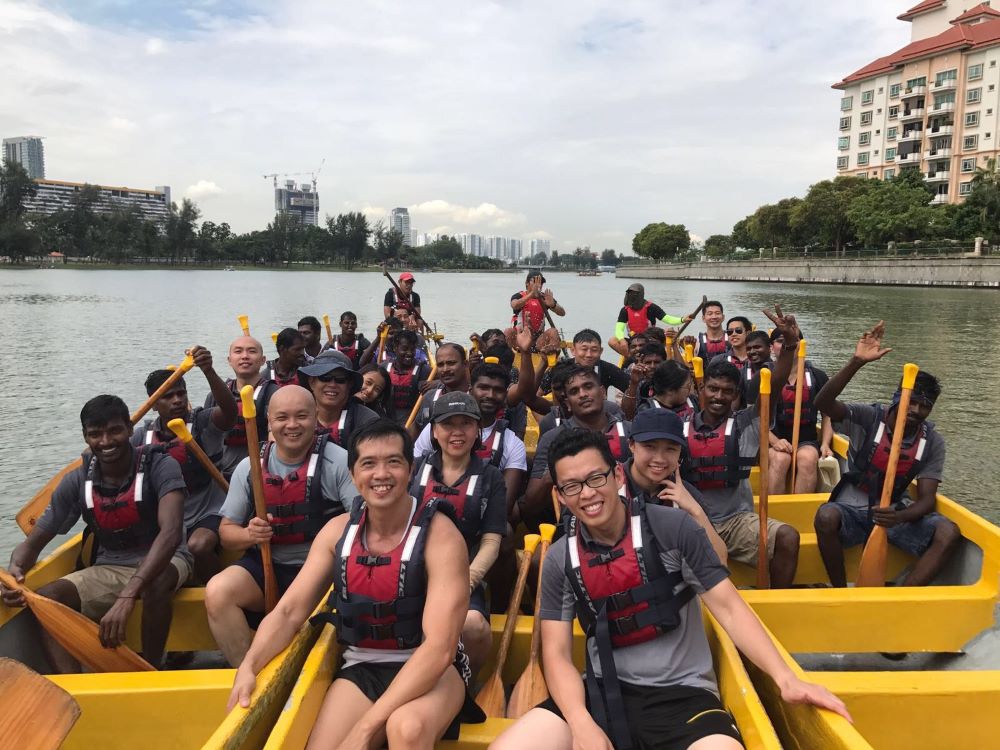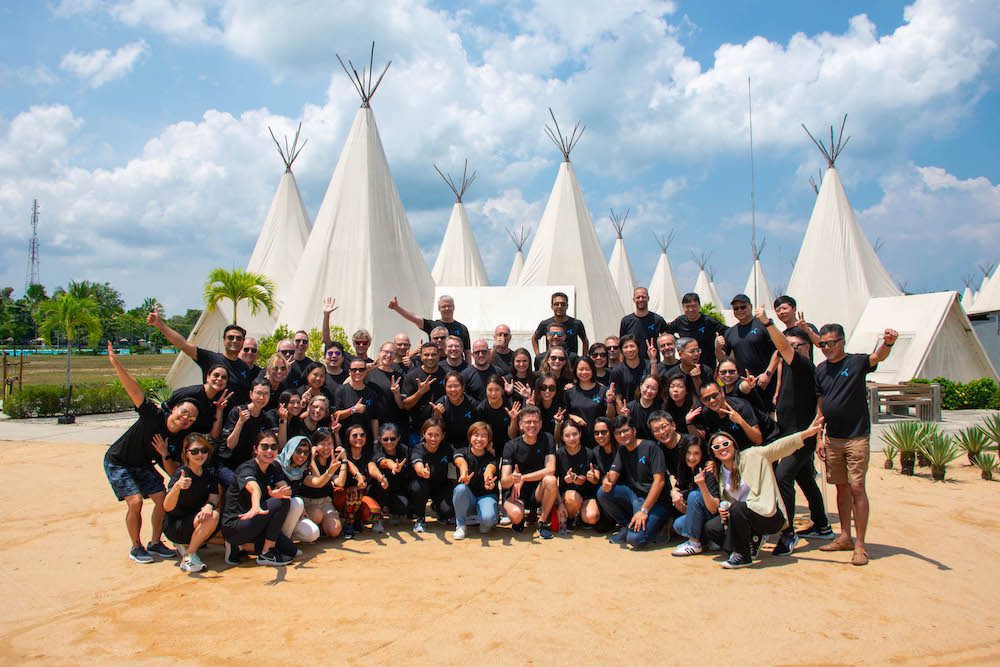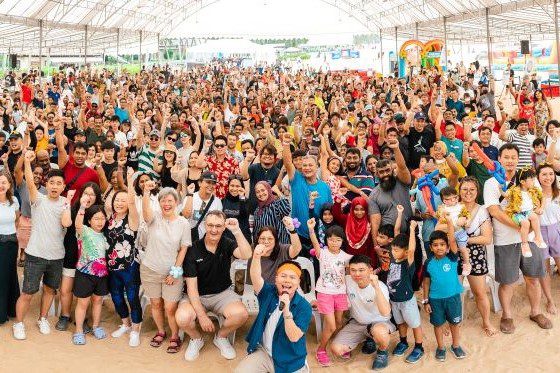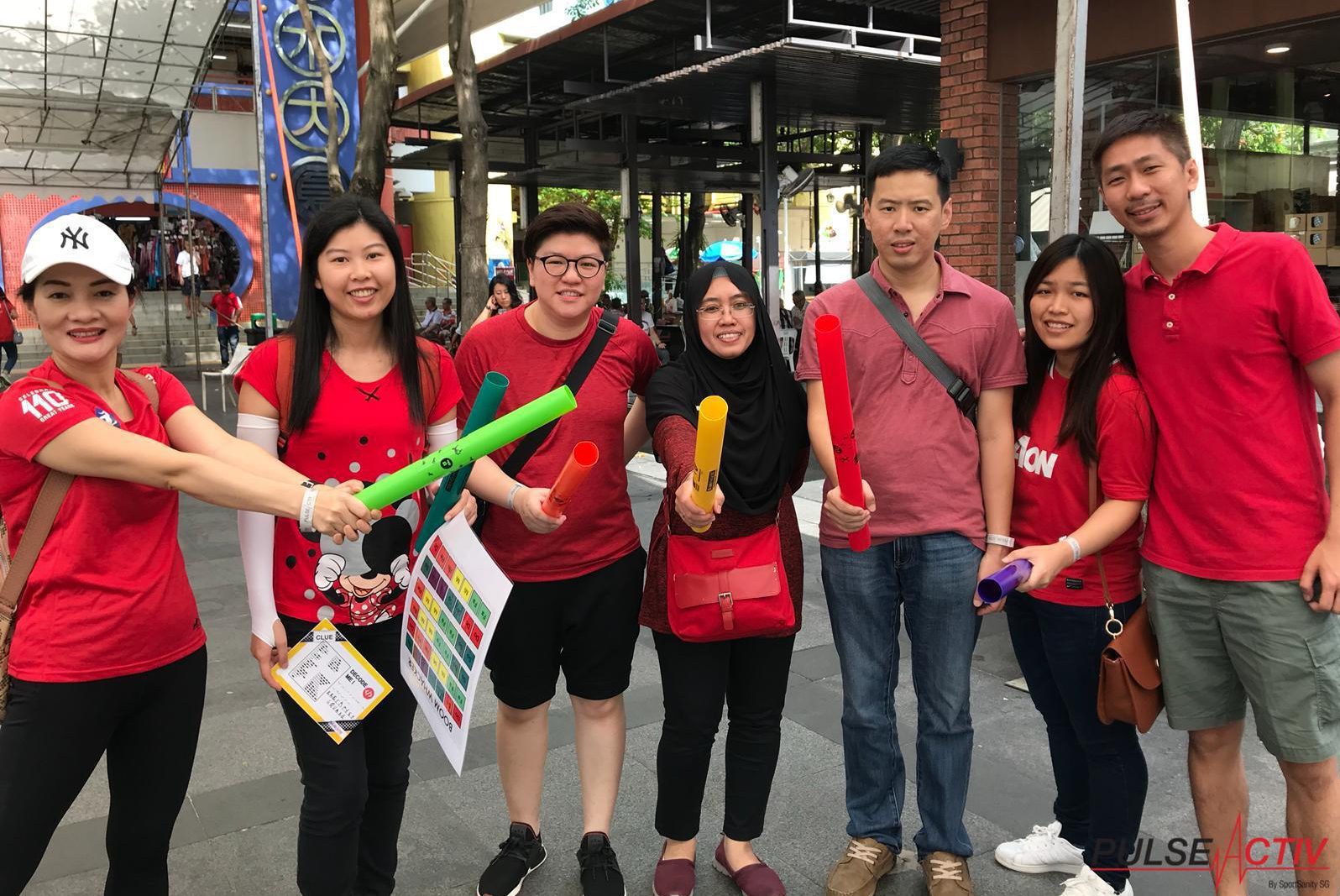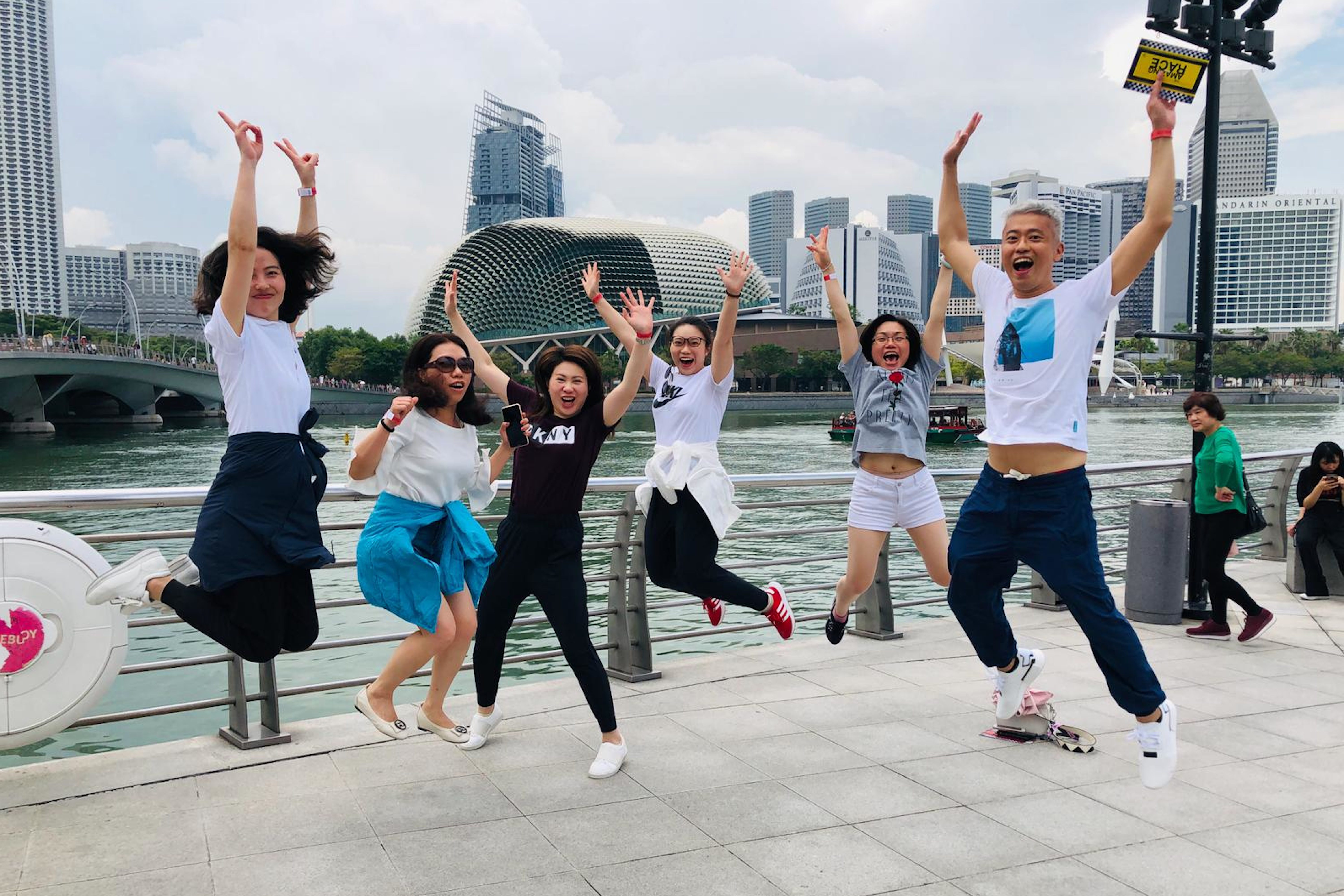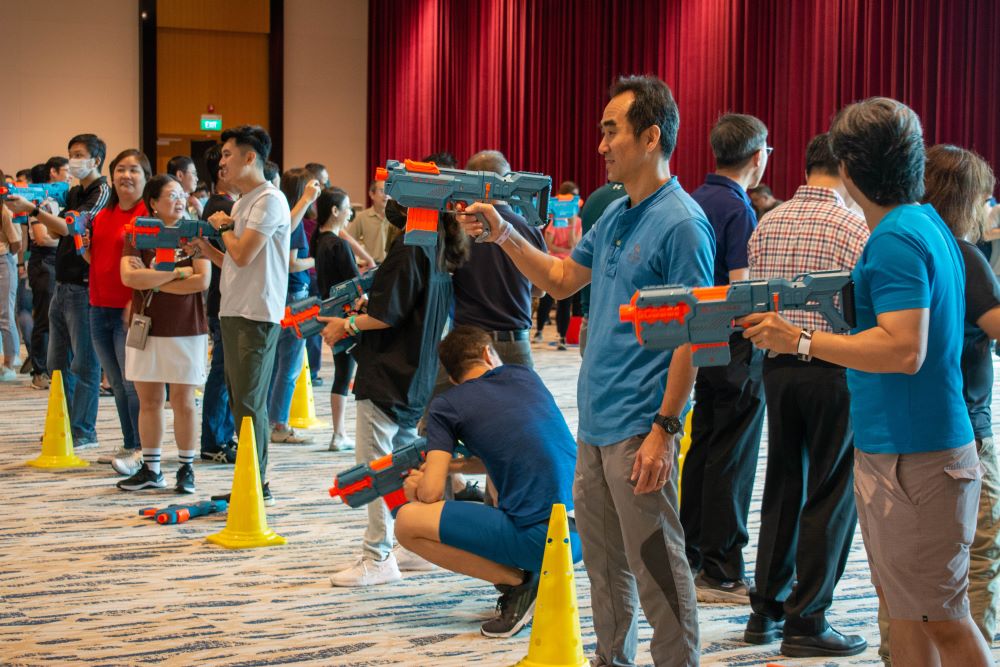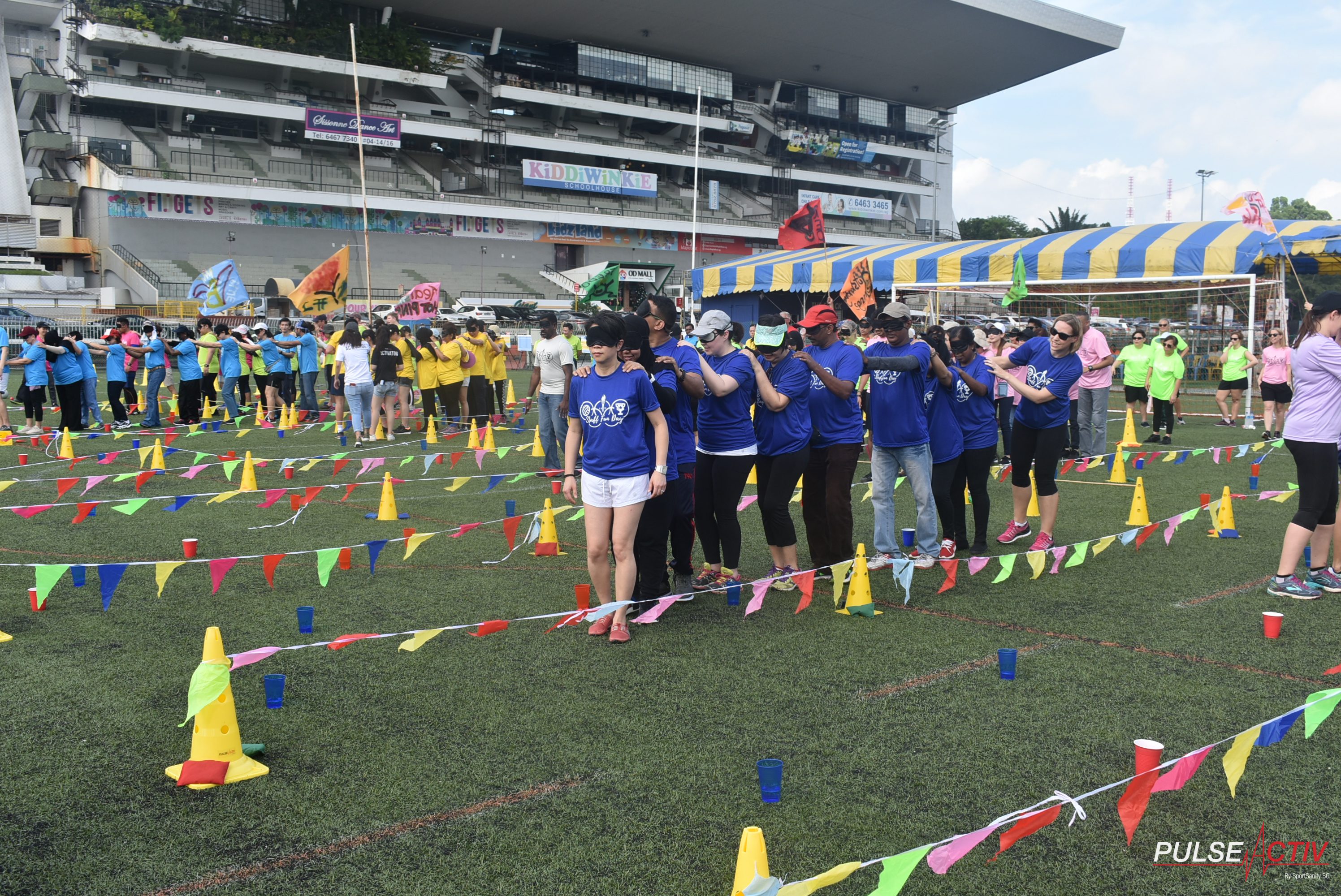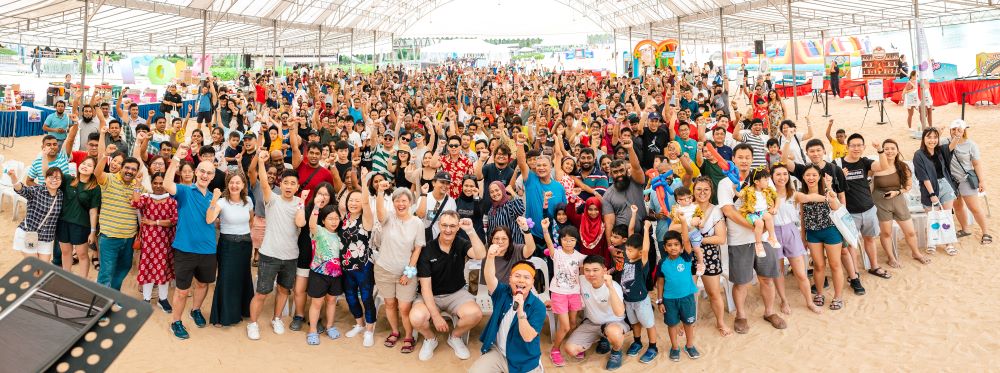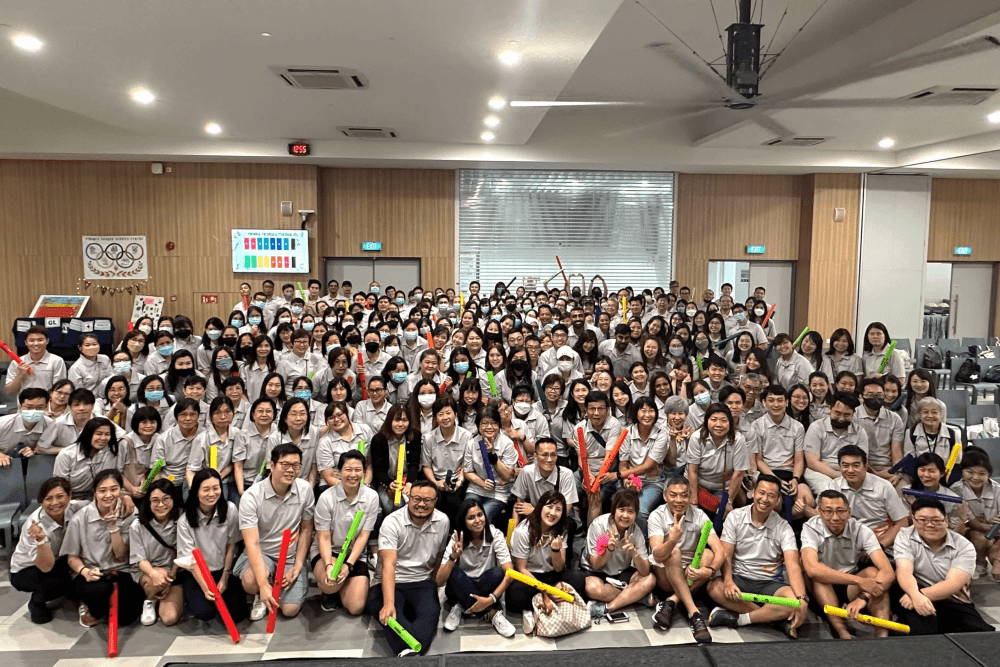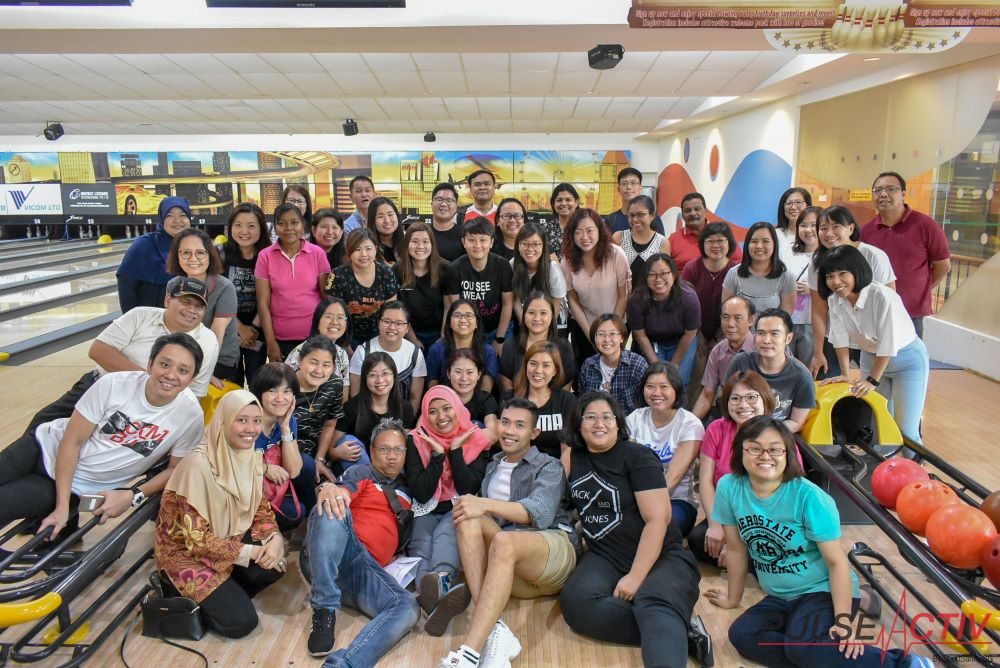How Corporate Teams Celebrate Chinese New Year at Work (Luncheons, Dinner & Dances)
Chinese New Year is one of the most meaningful festive seasons across Asia, and it is not only celebrated at home but also widely observed in the workplace. Many companies take this opportunity to gather employees, express appreciation, and start the business year on a positive and united note. Even when the celebration is simple, it often becomes one of the most anticipated team events of the year.
Corporate Chinese New Year celebrations are more than just festive meals. They serve as morale boosters, culture builders, and relationship-strengthening moments that help teams reconnect outside their daily work routines.
Why Companies Celebrate Chinese New Year with Their Teams
Workplace Chinese New Year celebrations are a way for organizations to show appreciation and strengthen internal culture. After a year of targets, deadlines, and projects, a festive gathering gives employees space to relax and feel recognized.
These celebrations also encourage interaction between departments that may not usually work closely together. Leaders and staff get to engage in a more informal setting, which helps reduce hierarchy distance and improves communication comfort later on. Starting the year with a shared celebration also sets a more optimistic tone for collaboration and performance.
Corporate CNY Luncheons
CNY corporate luncheons are one of the most common formats because they are efficient, inclusive, and easy to organize. They are usually held during working hours and allow the entire team to participate without needing evening commitments.
A typical luncheon often includes a festive group meal, a prosperity toss session, short appreciation speeches, and light engagement segments. Some companies also include lucky draws or simple interactive moments to keep the energy lively. Even within a short timeframe, a well-run luncheon can create a strong sense of togetherness.
Chinese New Year Dinner & Dance Events
For companies that want a larger and more immersive celebration, Chinese New Year Dinner & Dance events are a popular choice. These are usually evening programs with a more structured flow and a stronger entertainment element.
Dinner & Dance celebrations often include hosted segments, themed décor, performances, recognition moments, and interactive stage activities. Because the setting is more relaxed and celebratory, employees tend to open up more socially. This helps build genuine connections and shared memories that last beyond the event itself.
Team Activities and Festive Games
Interactive segments are often what make Chinese New Year corporate celebrations truly memorable. Instead of only dining together, many companies include short engagement activities to bring energy into the room.
Festive trivia challenges are common. Chinese New Year–themed mini games are also popular. Some teams enjoy prosperity or Ang Bao challenges, while others run lucky draw segments or photo contests. These moments create laughter and shared experiences, which naturally support team bonding.
How Chinese New Year Celebrations Support Team Building
Although these events feel festive and light, they contribute directly to team building and morale. Shared positive experiences help employees feel emotionally connected to their workplace. Cross-team conversations happen more naturally, and new relationships often form during these gatherings.
Recognition segments also play an important role. When employees are appreciated publicly, motivation and loyalty tend to increase. A well-designed celebration becomes more than a social event, it becomes a culture-building moment.
Creating a Smooth and Meaningful Corporate CNY Event
A successful Chinese New Year corporate event usually comes down to thoughtful planning and program design. The flow of activities, timing of segments, and level of interaction all shape how engaged the team feels. Many organizations choose to work with professional event planners to design structured Chinese New Year luncheons and Dinner & Dance programs. With proper coordination, hosting, and engagement design, the celebration feels purposeful rather than routine.
PulseActiv provide corporate luncheon and Dinner & Dance programs that combine festive atmosphere with interactive elements and structured engagement, helping organizations celebrate while strengthening team spirit at the same time.
When done well, a Chinese New Year workplace celebration is not just a festive gathering. It becomes a positive shared starting point for the year ahead.
Click here to read more of our articles and click here to explore our Luncheons, Dinner & Dance services.
